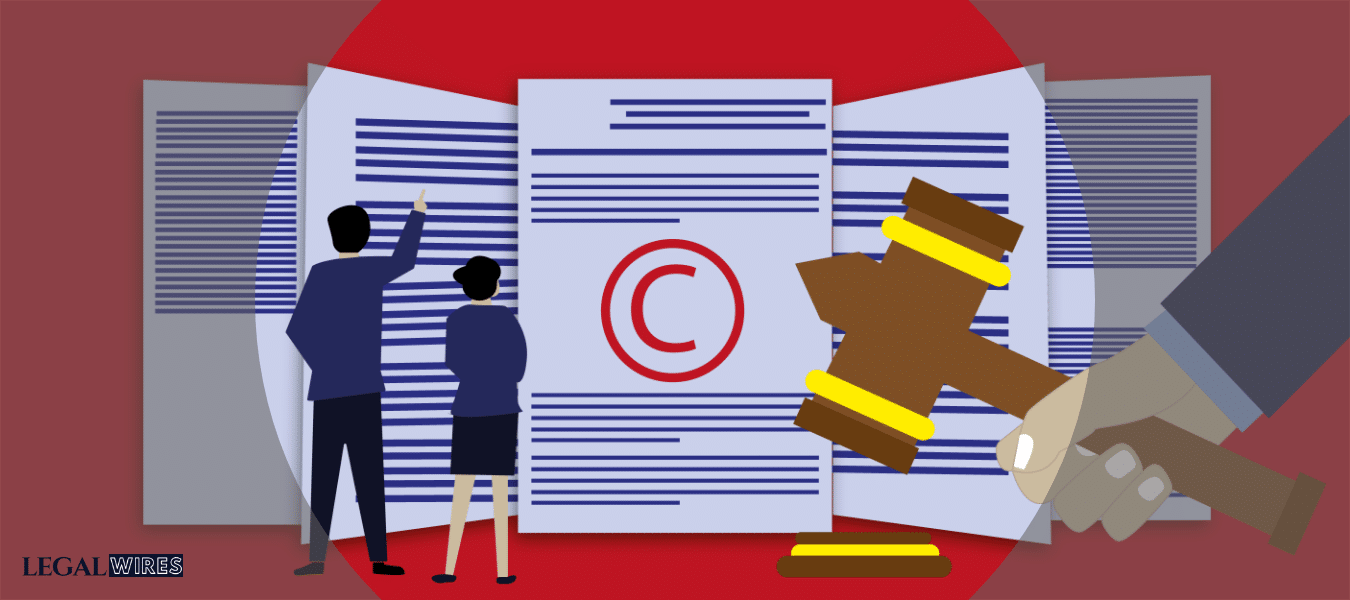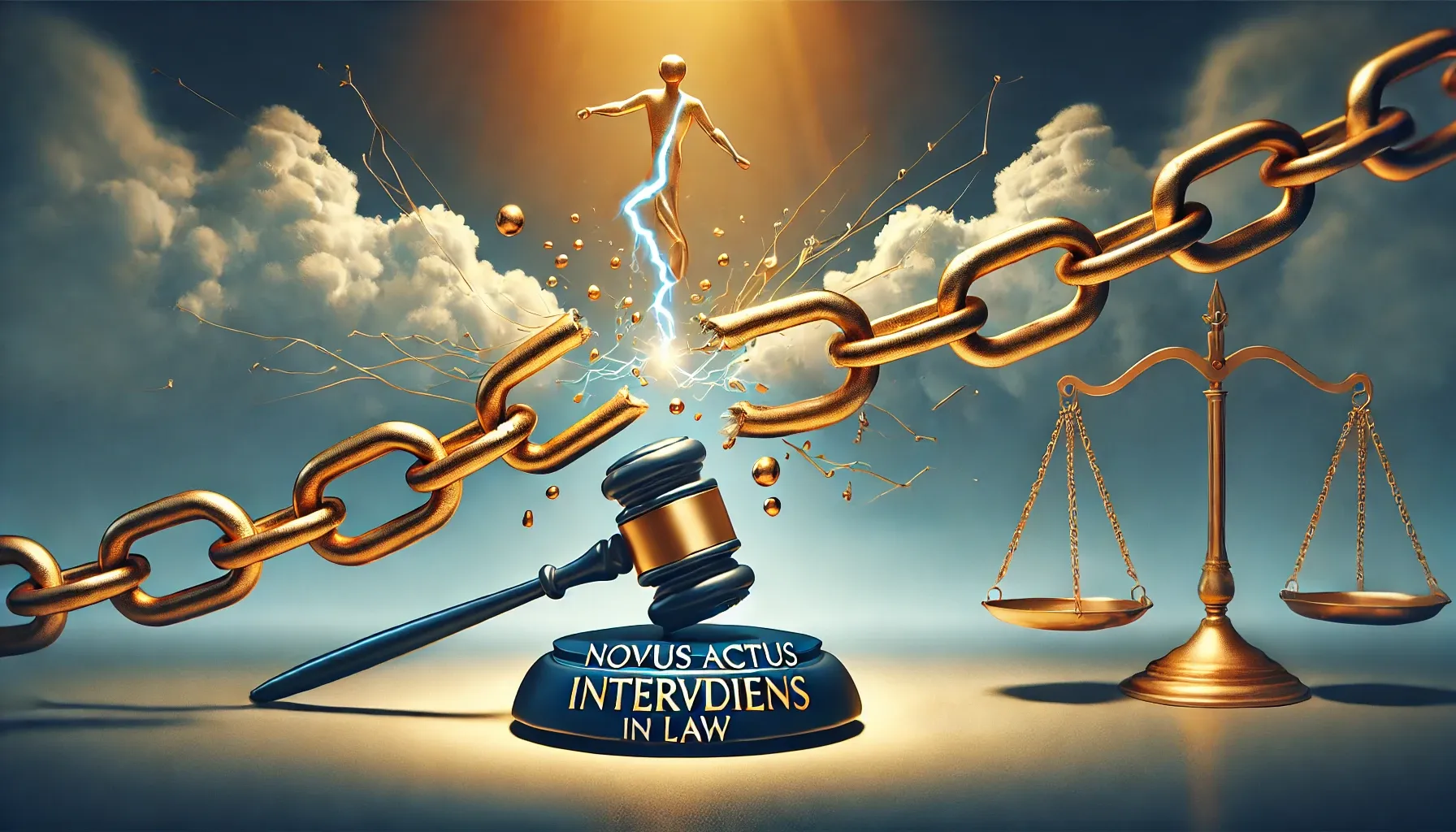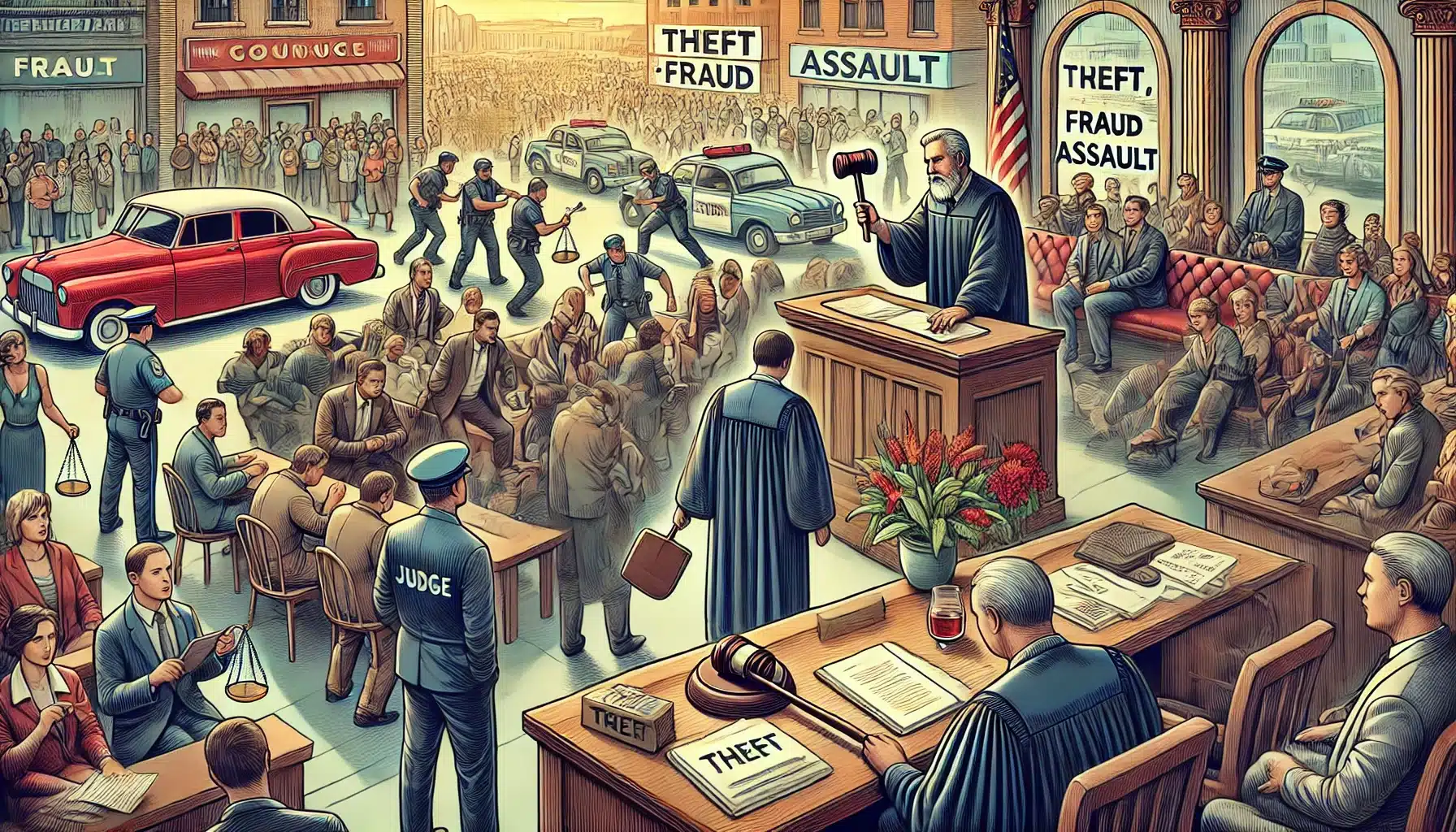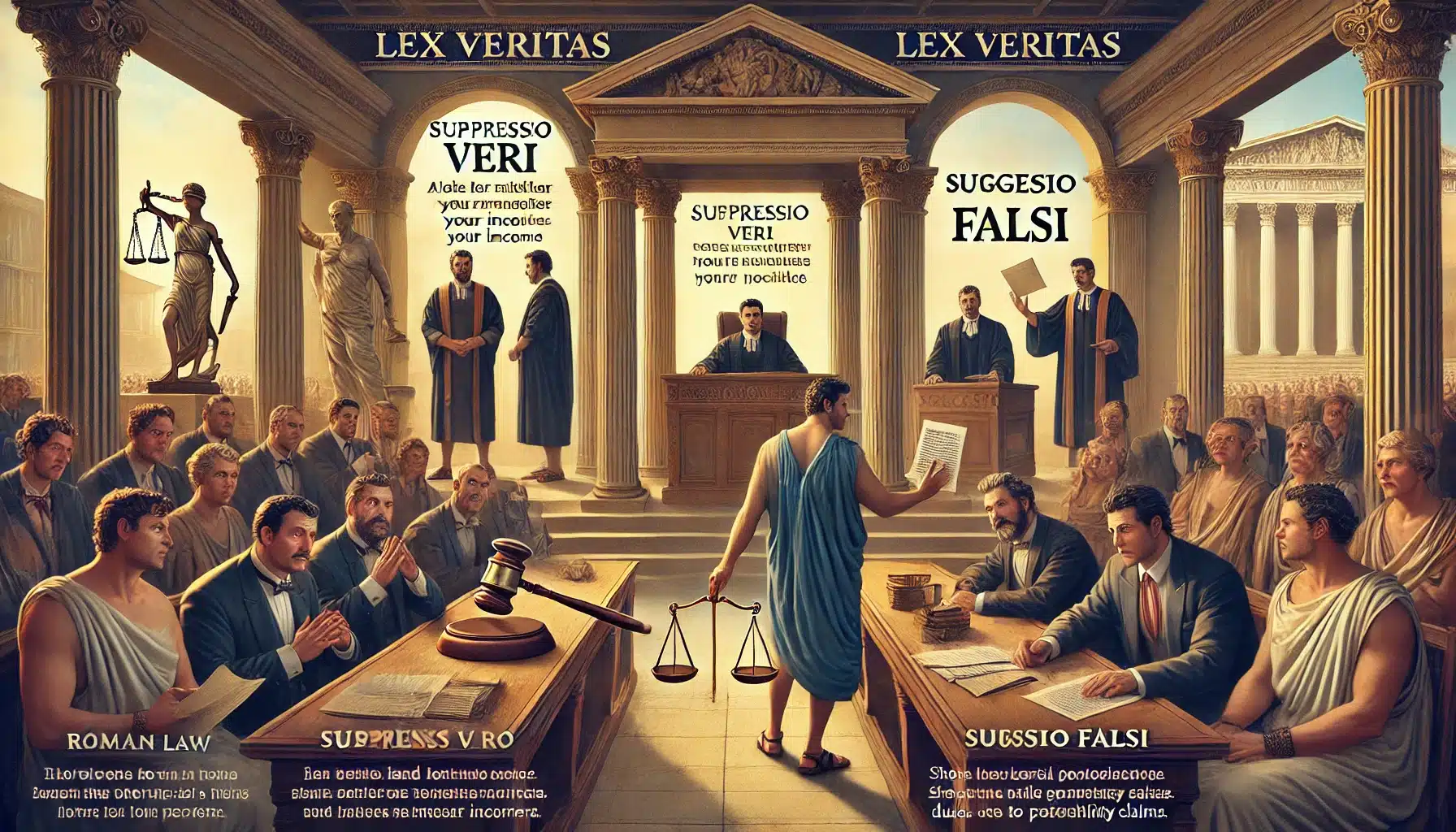Copyright is a type of intellectual property protection granted under Indian law to the diligent creators of literacy, dramatic, musical and artistic works and producers of cinematography films and sound recordings.

DEFINITION-
Intellectual Property Rights are the legal rights that are given to a person for any creative and artistic work
- for any creation or discovery,
- for any fictitious and literary work
- words, phrases and symbols
- Designs for a fixed period of time.
Intellectual Property is governed by following acts i.e. the Patents Act, 1970; Trade Marks Act, 1999; Indian Copyright Act, 1957; Designs Act, 2001, etc in India.
Copyright is a type of intellectual property protection granted under Indian law to the diligent creators of literacy, dramatic, musical and artistic works and producers of cinematography films and sound recordings. For example, books, computer programs are protected under literary works. It includes rights of reproduction of the work, communication to the public, adaptation and translation of the creator’s work. The sole criteria to determine whether a person is eligible for copyright protection are the originality in the phrase.
ORIGIN-
The development of Copyright Law in India has spread by three phases.
FIRST PHASE – During the British Rule in India the law of copyright was introduced via the British Copyright Act, 1911. It had very different provisions as compared to today’s law. The term defined of Copyright was the author’s lifetime including seven years after the death of the author? Despite that the total term of copyright cannot exceed the period of 42 years. The government could grant a compulsory licence to publish a book if the owner of copyright refused to permit its publication. Copyright Registration by the Home Office was obligatory for enforcement of rights under the Act.
SECOND PHASE– It was in 1914, when the British Raj was in power, enacted the Copyright Act of 1914. It was nearly similar to the British Copyright Act, 1911. The major change brought in the Act was the criminal endorsement for infringement. However this act of 1914 was constantly amended for a number of times.
THIRD PHASE– Subsequently, India had its third phase of copyright law by the introduction of the Indian Copyright Act, 1957 which was passed in order to go well with the provisions of the Berne Convention. This Act was passed by Independent India and till date is the governing act.
MEANING-
Copyright refers to a bundle of special rights vested with the owner of copyright under Section 14 of the Act. These rights can be used only by the owner of copyright/ by any other person who is properly licensed to use by the owner of copyright. These rights are
- the right of adaptation,
- right of reproduction,
- right of publication,
- right to make translations,
- Communication to the public etc.
Copyright protection is conferred on all Original works. Original means that the work is pure and has not been copied from any other source already existing. Copyright protection commences the instant a piece is formed, and its registration is optional. However it is always advised to obtain registration in order to be safe. Copyright registration does not award any rights and is just a prima facie proof of an entry in context of the work in the Copyright Register held by the Registrar of Copyrights.
One of the most important advantages of copyright protection is that protection is just not available within the country but is available in several countries throughout the world, although the work first published in India because of India being an affiliate of Berne Convention. Thus, without a formal application for protection, copyright protection is just available to works first published in India, across several countries. Also, the government of India has extended copyright protection to first published works outside India by virtue of the International Copyright Order, 1999
USAGE-
Indian Judiciary Response:
The Indian judiciary responses for copyright protection can be arranged under the following categories:
(1) Ownership of copyright-The ownership in copyright may vest in several persons under different conditions. It’s not said that a work which is formed or published under the direction or control of any judicial authority in India is a Government work. It’s thus clear that it’s totally okay for everybody to reproduce and publish the govt work.
Under section 52(1) (q) of the Act, reproduction of a judgment of the court is an exception for the charges of breach of the Copyright. Nobody can claim copyright on these works of court merely on the basis that the person had initially published them in his book. Changes including elimination, spelling changes, removal or addition of quotations and corrections are unimportant and hence no copyright exists therein.[1]
(2) Jurisdictional aspect: The question of territorial jurisdiction with respect to copyright infringement was observed by the courts in various instances.
In Caterpillar Inc v Kailash Nichani[2], the Court held that it was not necessary to bring out the business of the plaintiff in Delhi should inevitably be in respect of footwear and articles of clothing as well. It is fine if the business was being run by the plaintiff in Delhi and further that there was an infringement of plaintiff’s copyright for certain goods, which were sold by the defendant in Delhi. The court further held that section 62 of the Copyright Act makes an obvious and significant exit from the norm that the option of jurisdiction should first and foremost be governed by the handiness of the defendant. The legislature in its understanding introduced this provision laying down an extremely opposite rule than the one set out in section 20 of CPC. The aim is to expose the offender with inconvenience rather than gripping the sufferer to run after after the former.
(3) Cognizance taken by the court: To avoid copyright infringement, timely reorganization by the appropriate court is totally essential. The taking of recognition by the court depends upon the restraint period as given in the Limitation Act, 1963 and Cr.P.C, 1973.
(4) Infringement of copyright: In Prakashak Puneet Prashant Prakashan case the Allahabad high court held that if the petitioner adds any word before or after the book ‘Bal Bharati’ and publishes the same , then he infringes the copyright of the respondent.
In Hindustan Pencils Ltd v Alpna Cottage Industries the Copyright Board of Goa held that where the common nature between the artistic works of the parties are basic and considerable in material aspects, hence might amount in violating copyright and therefore the defendant’s copyright is liable to be wipe out from the register of copyright..
(5) Availability of alternative remedy: The bring in of an effective alternative remedy prevents an individual from invoking the writ jurisdiction of the Supreme Court.
In Khajanchi Film Exchange and Another v State of M.P and others [3]petitioners rather than meeting the concerned authorities filed a writ petition before the high court . The Madhya Pradesh high court observed the copyright Act provides enough safeguards and procedure. It can’t be said that a mere uneasiness that a certain offence can happen, a writ is often filed looking for a direction that no such offence be allowed to happen. Firstly the approach should be to the authorities to stop it. The function of the police is to stop plagiarism and unauthorized exhibition. In an instant case there was no inaction on the part of the police. No demand notice was entertained, no specific complaint was lodged with the police .Thus writ is not maintainable under law.
(6) Rectification of copyright:In the rectification proceedings, an access within the Copyright Register concerning a specific copyright are often removed by the Copyright Board.
In Lal Babu Priyadarshi v Badshah Industries the Patna supreme court Observed that when there’s a rival claim in context to material of the copyright then no order are often passed in errand of any party without hearing the application of the opposite applicant. Non-observance of the stated provision will corrupt the order in context to the entry in the Register of the Copyright. The stated requirement can’t be waived .If someone is unaware of a rival claim then the matter would vary.
[1] Eastern book company v. Navin J Desai
[2] 97 (2002) DLT 304, 2002 (24) PTC 405 Del
[3] AIR 2002 MP 181, 2002 (3) MPHT 97




